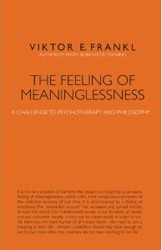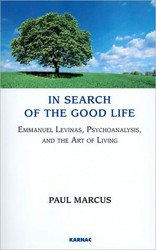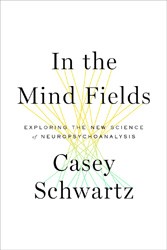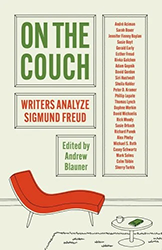These three new books all initially appear to take a utilitarian approach to God, embodied by the un-Kennedyesque title of the first, What God Can Do for You Now. Robert Levine, rabbi of Rodeph Shalom, a large Reform synagogue in New York City, lost his faith as a teenager because of the idea that God might be responsible for injustice. He now believes that suffering and injustice don’t disprove God’s existence, because God “wants a relationship of shared responsibility” with us. By giving us free will, writes Rabbi Levine, God permanently diminished His omnipotence, if He ever had it, about which Levine is uncertain. Levine also believes that the Bible sometimes misrepresents God, and he is uncertain whether Abraham existed. Arguing for the up-until-now polemically-deprived religious middle-of-the-road, Levine stridently attacks both fundamentalists (especially Christians) and atheists for promoting what he sees as a similarly false view of God, while writing admiringly at length about Jesus (as a man) and Mohammed. He also condemns what many consider trendy Kabalistic trinkets such as red ribbons, and dismisses popular new age doctrines like “The Secret.” Levine believes that prayer works and miracles still happen; marvels at the universe and human existence; sees evidence for God in the continued existence of the Jewish people; believes in evolution and that it need not be at odds with religion; and advocates finding a God-concept that one is comfortable with (so long as it isn’t a fundamentalist concept) because building a relationship with God makes a crucial difference in our lives. Middle-of-the-roaders with spiritual yearnings and doubts who are turned off by apparently easy absolutist answers will enjoy this book.
In Jewish Meditation Practices for Everyday Life, Reconstructionist Rabbi Jeff Roth makes a less combative case for meditation as a Jewish practice. Roth is the cofounder of Elat Chayyim, a Jewish meditation retreat center in upstate New York. This book is rich with charming and illuminating parables, both classic and original. Roth has explored various New Age therapeutic modalities, and originally embraced Judaism via the teachings of Rabbi Zalman Schachter Shalomi in the 1970’s. Jewish meditation, according to Roth, is distinguished by focusing on becoming God-conscious and realizing that “everything is God and nothing but God.” He explains how to meditate Jewishly — focusing on breathing and on the Hebrew letters of God’s name, among other techniques. Through meditation, he tells us, we can become more aware and mindful, develop concentration and focus, and learn to dissociate ourselves from our thoughts, which can help us react to situations more effectively and bring us closer to God. This is a well-written book with a warm tone that will particularly appeal to Jews who have sought their spiritual sustenance in the religions of the East and in New Age practices.
Unlike Rabbis Roth and Levine, neither author of How God Changes Your Brain is a theist. Instead, as scientists, they study how belief in God, meditation, and prayer affect people’s brains and lives. Newberg is a neuroscientist and a radiologist, and Waldman is a therapist. Both work at the Center for Spirituality and the Mind at the University of Pennsylvania. Their various studies and those of others have shown that religious and spiritual belief and practice permanently change the brain’s structure, and enhance cognitive processes and psychological, physiological, and social well-being, validating theists and meditators like Levine and Roth, and contradicting the contentions of best-selling atheist authors. According to Newberg and Waldman, prayer and meditation, even absent belief in God, are powerful tools for cultivating compassion, which is, in their words, what the book is about. These practices are also helpful for avoiding anger, which they see as “humanity’s great enemy.” They feel that only “authoritarian” religion poses a neurological danger because it promotes anger, guilt, fear, and intolerance. Unlike Rabbi Levine, however, they acknowledge that “fundamentalists” can be good, tolerant people, and they observe that frequency of attendance at religious services strongly correlates with longevity. This fascinating book includes beneficial meditation exercises that are not contingent upon belief in God.





